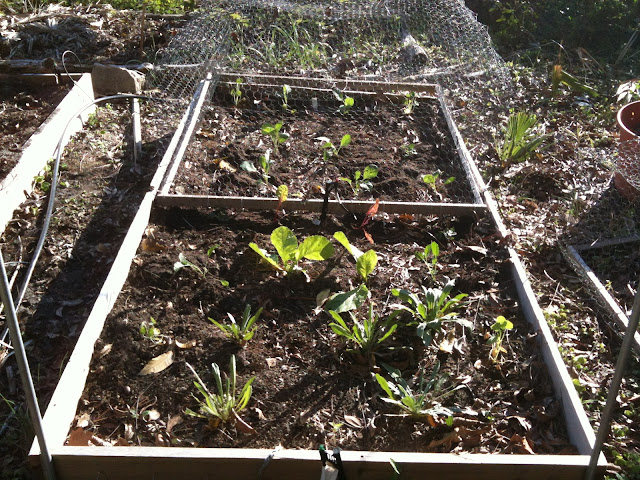I'm thinking this is some sort of army worm.
Aphids
Southern Armyworm, Spodeptera eridania? (The question mark means I don't really know)
A different angle of these two paling around
Newly borns
The ubiquitous diamondback moth, Plutella xylostella
Neon slime
Neon spidie
Another diamondback moth
Army worm?
Metamorphosis
Who says I never host parties?
Shredage
The yellowstriped armyworm I beleive, Spodoptera ornithogalli
The curl up self defense, not particularly effective









































